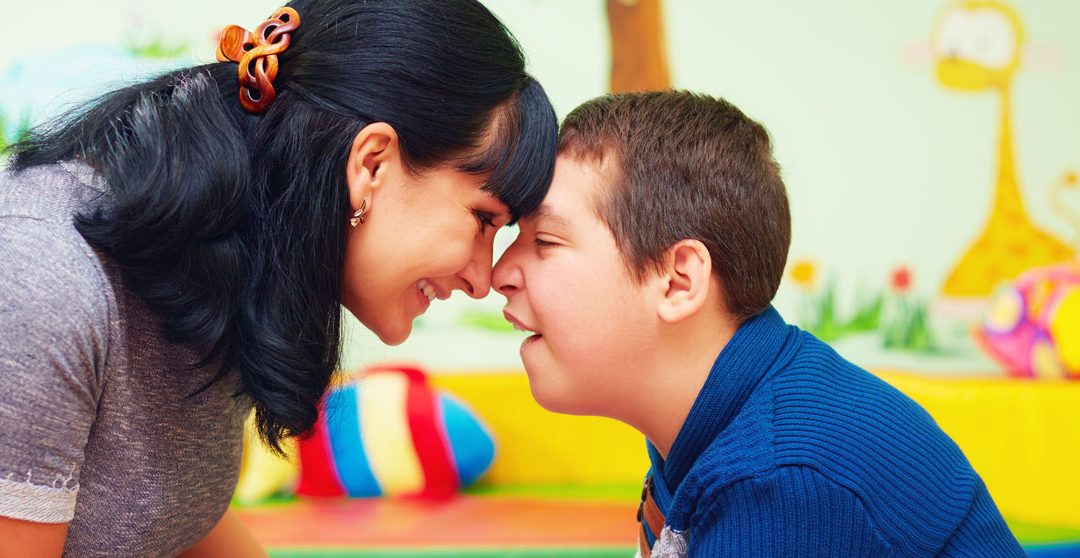NDIS Gardeners
HOPE DISABILITY
NDIS Gardening Support
Disabled individuals often require assistance gardening. Many of them have difficulty learning new tasks or following detailed instructions for a specific gardening task. They can’t take care of a yard or garden on their own, and special tools may not be available for them to do the job. All of these reasons make it important for people with disabilities to have access to gardening services in order to stay healthy and active in their communities.
NDIS gardening programs are one way that many Australian States help people with disabilities stay independent and connected to their local community. These programs offer supported gardening services so that people with disabilities can grow plants, maintain gardens, and preserve the environment at home.
NDIS gardening programs vary across States and Territories but they generally share some key features. See the key elements of any NDIS garden.
Get a Free Quote!
NDIS Gardener Services
NDIS garden maintenance
Many disability support programs in Australia provide supported gardening services through local community gardens. These gardens provide a place for people with disabilities to grow herbs, flowers, and vegetables for their own use or for sale to neighbors. A variety of community gardening programs are available to people with disabilities in many States and Territories. These programs can help individuals increase their food security by growing their own vegetables. Community gardens often grow to produce that is suited to the region, ensuring that it is always available when needed. Some community gardens provide plots for individuals to grow vegetables for their own use. Others provide places where people can sell their vegetables to others in the community, helping them earn additional income while improving their diet. Some community gardens also provide educational services, such as gardening classes and workshops. Many community gardens also organize social activities, such as picnics, potlucks, and barbecues. All of these activities help people with disabilities socialize and build relationships with their neighbors, providing valuable support to individuals who may feel isolated due to their disability.
NDIS gardening
Many disability support programs in Australia provide supported gardening services through local community gardens. These gardens provide a place for people with disabilities to grow herbs, flowers, and vegetables for their own use or for sale to neighbors. A variety of community gardening programs are available to people with disabilities in many States and Territories. These programs can help individuals increase their food security by growing their own vegetables. Community gardens often grow to produce that is suited to the region, ensuring that it is always available when needed. Some community gardens provide plots for individuals to grow vegetables for their own use. Others provide places where people can sell their vegetables to others in the community, helping them earn additional income while improving their diet.
NDIS gardening services
Many disability support programs in Australia provide supported gardening services through local community gardens. These gardens provide a place for people with disabilities to grow herbs, flowers, and vegetables for their own use or for sale to neighbors. A variety of community gardening programs are available to people with disabilities in many States and Territories. These programs can help individuals increase their food security by growing their own vegetables. Community gardens often grow to produce that is suited to the region, ensuring that it is always available when needed. Some community gardens provide plots for individuals to grow vegetables for their own use. Others provide places where people can sell their vegetables to others in the community, helping them earn additional income while improving their diet.
NDIS gardener
Many disability support programs in Australia provide supported gardening services through local community gardens. These gardens provide a place for people with disabilities to grow herbs, flowers, and vegetables for their own use or for sale to neighbors. A variety of community gardening programs are available to people with disabilities in many States and Territories. These programs can help individuals increase their food security by growing their own vegetables. Community gardens often grow to produce that is suited to the region, ensuring that it is always available when needed. Some community gardens provide plots for individuals to grow vegetables for their own use. Others provide places where people can sell their vegetables to others in the community, helping them earn additional income while improving their diet.
NDIS yard maintenance
Many disability support programs in Australia provide supported gardening services through local community gardens. These gardens provide a place for people with disabilities to grow herbs, flowers, and vegetables for their own use or for sale to neighbors. A variety of community gardening programs are available to people with disabilities in many States and Territories. These programs can help individuals increase their food security by growing their own vegetables. Community gardens often grow to produce that is suited to the region, ensuring that it is always available when needed. Some community gardens provide plots for individuals to grow vegetables for their own use. Others provide places where people can sell their vegetables to others in the community, helping them earn additional income while improving their diet.
NDIS house and yard maintenance
Many disability support programs in Australia provide supported gardening services through local community gardens. These gardens provide a place for people with disabilities to grow herbs, flowers, and vegetables for their own use or for sale to neighbors. A variety of community gardening programs are available to people with disabilities in many States and Territories. These programs can help individuals increase their food security by growing their own vegetables. Community gardens often grow to produce that is suited to the region, ensuring that it is always available when needed. Some community gardens provide plots for individuals to grow vegetables for their own use. Others provide places where people can sell their vegetables to others in the community, helping them earn additional income while improving their diet.
Benefits of an NDIS gardening service
People with disabilities can gain many benefits from participating in a gardening program. The process of participating in a gardening program can help build self-esteem in people with disabilities. They can also develop important work and social skills. These skills can help people with disabilities live more independent and fulfilling lives. People with disabilities who participate in gardening programs can also improve their health and well-being.
Types of NDIS gardens programs
NDIS program staff can assist people with disabilities with maintaining their own gardens at home. Homeowners with a disability may also hire someone to do the work while they stay nearby and supervise the person. For example, staff can help people with disabilities keep and maintain their lawns and gardens. In addition, they can assist people with disabilities in growing herbs, flowers, fruits, and vegetables.
our Support
Hope Disability Support provides support to all young people and adults with everything related to support, care, accommodation, and independent living issues. Call Hope Disability Support for all your support with the NDIS.
Clients say
Hope Disability Support's team Hope Disability Support understands us and our circumstances. They go above and beyond. We are so satisfied with their services that we will never leave.

The fact that they are available 24 hours a day is astonishing! I wouldn't have any idea what to do without Hope Disability Support. They've been there for us in times when our families needed it most.

Hope Disability Support and its experienced staff have changed my child's life for the better. I would highly recommend Hope Disability Support's services.

Previous
Next
News & Updates
We support to all youths, Young people and adults regarding anything, care , support, accommodation and independent living issues.
Garden Maintenance FAQ
How does NDIS gardening program work?
Some gardening programs use a model in which a person with a disability works with a garden coach. During the coaching period, the coach will help the person set up a system for gardening. The coaching period could last for several months or for the duration of a person’s gardening program. After the coaching period, the person can continue to work with the coach by hiring them as a paid gardening service.
What is an NDIS Garden Program?
A gardening program is a supported form of gardening provided by a disabilities support service. Homeowners with a disability can get help with managing a garden, including planting and maintaining crops. The gardening program may be delivered by an employee of the disability support service or by a volunteer.
What’s Included in NDIS Garden Program?
Specific types of garden programs may include the following services: Gardening activities, including planting, weeding, watering, and harvesting crops; Landscaping, including tree and shrub planting, pruning, and installing a garden fence; Tools and equipment for gardening, such as shovels, hoses, and buckets; Access to a community garden for social activities, such as meeting other gardeners and attending group meetings.
Why Is NDIS Gardening Important?
Gardens are wonderful places to nurture a sense of connection to the natural world. Gardening can help people with disabilities maintain a healthy lifestyle and social connections. People who garden are more likely to exercise and get their recommended five servings of fruit and vegetables each day. They are also less likely to develop conditions such as high blood pressure and diabetes that are linked to being inactive and eating unhealthy foods.
Can you maintain all kinds of gardens?
In some instances, a gardening program may specify a particular type of garden to maintain. For example, a program may focus on growing herbs, or on growing flowers, or vegetables. People with disabilities who participate in NDIS gardening programs can choose the type of garden they’d like to maintain.
Do you support full yard maintenance?
Some gardening programs may involve maintaining the entire yard, including the lawn. Depending on the program, participants could receive assistance mowing the lawn, pulling weeds, and pruning trees and shrubs.







